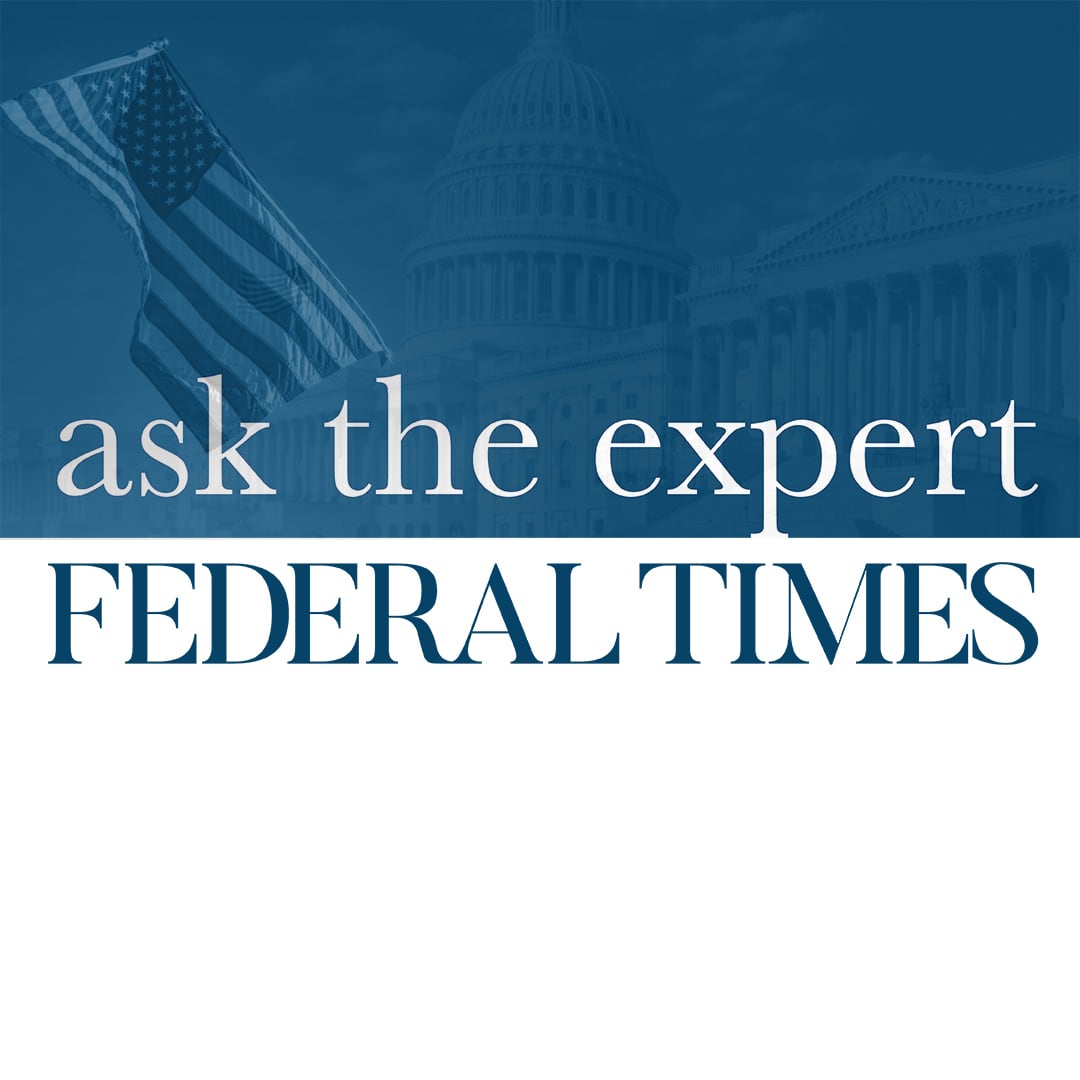“I recently saw a friend who works for the FAA and said “I thought you were ‘going to retire in a year’ a couple years ago.’ He responded “I am.” He’s wanting to get something resolved that I’ve not heard of, and don’t believe is correct. He’s retired Army active duty with combat time. He has about 15 years in FERS. Is just over 62. He believes he’s entitled to FERS retirement credit for combat time while on active duty, with no FERS buyback cost. Just the combat time. He’s not looking to buy back active duty in lieu of military retirement. As I understand it, his combat time gets him longevity credit for leave accrual (for free) but nothing towards FERS. Is this correct?
Reg’s Response
If they make a deposit to the civilian retirement system, FERS employees can get credit for their active duty service performed 1) before they came to work for the federal government and 2) after they come to work for the federal government when they are called to active duty in the service of the United States. The latter does not include weekends drills or two-week annual active duty for training periods. There is no special exception for combat time. It’s treated no differently than the other periods of active duty service described above.
RELATED

Got a question for the Federal Times expert? Send inquiries to: fedexperts@federaltimes.com.
Reg Jones, a charter member of the senior executive service, is the resident expert on retirement and the federal government at Federal Times. From 1979 until 1995, he served as an assistant director of the U.S. Office of Personnel Management handling recruiting and examining, white and blue collar pay, retirement, insurance and other issues. Opinions expressed are his own.
Reg Jones, a charter member of the senior executive service, is our resident expert on retirement and the federal government. From 1979 to '95, he served as an assistant director of the Office of Personnel Management handling recruiting and examining, white and blue collar pay, retirement, insurance and other issues. Opinions expressed are his own.





